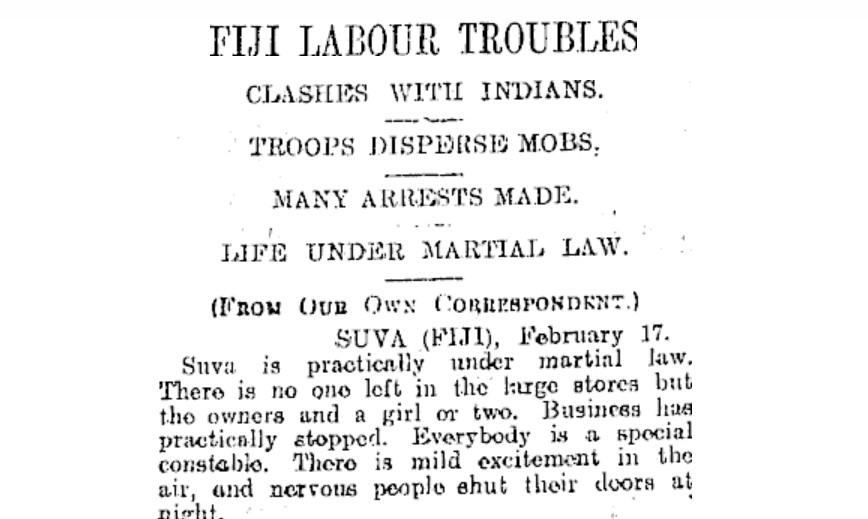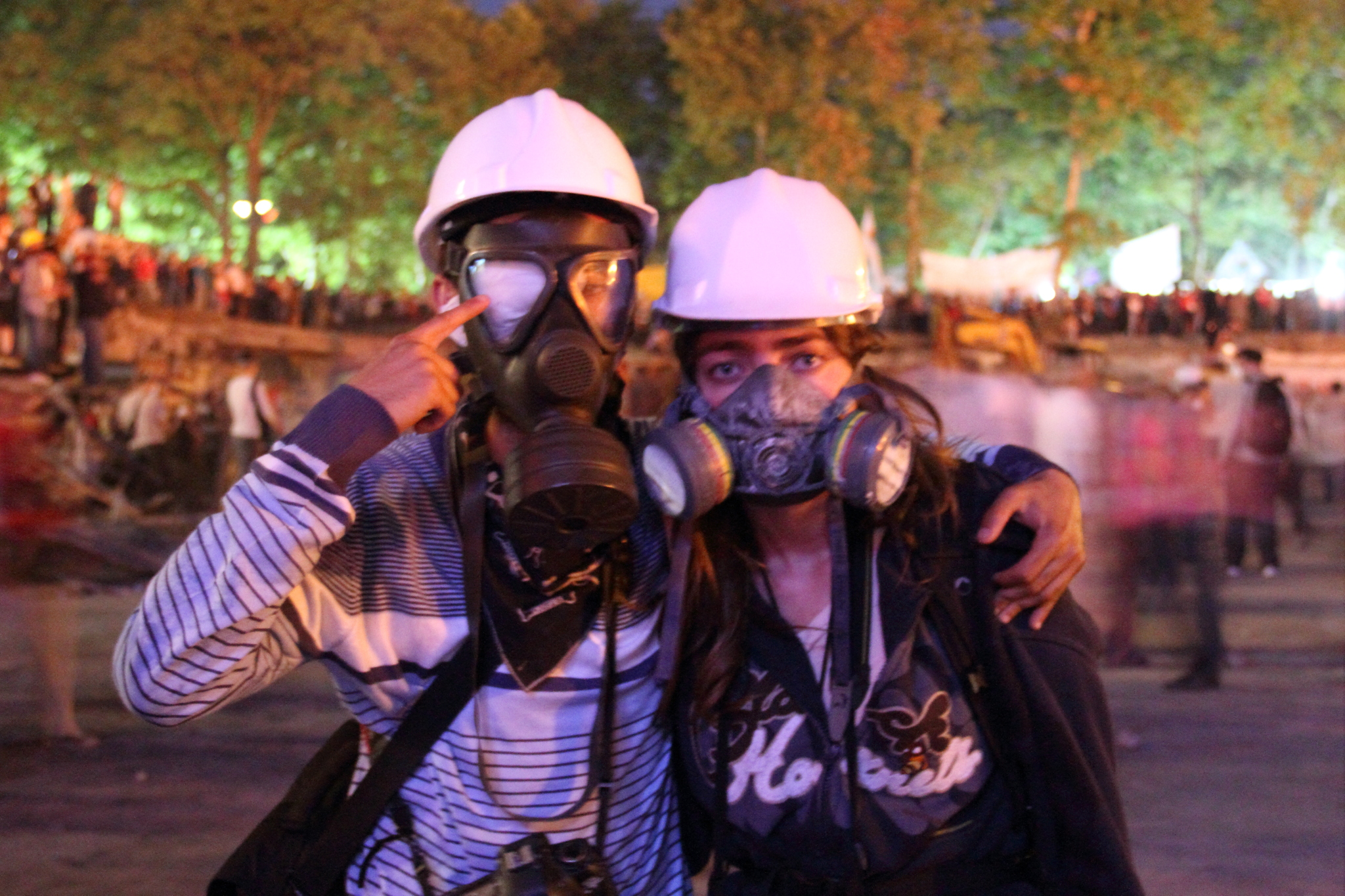BOOK REVIEW: Brian S. Roper, The History of Democracy: a Marxist Interpretation (Pluto Press, 2012)
British historian Geoffrey Ste Croix described the struggle for political control over the state as “class struggle on the political plane”. It is a neat formulation that Brian S. Roper effectively deploys to explain the history of Western democracy.
In one short book, he traces the rise and decline of Athenian participatory democracy and the Roman Republic; the rise of capitalism and the breakthroughs of the English, US and French revolutions; the European revolutions of 1848; the revival of participatory democracy in the Paris Commune and the Russian revolutions; and globalisation and the triumph of liberal democracy. He then provides a Marxist critique of the last.
The history of democracy: a Marxist interpretation makes three central claims. The first is that, historically, democratic institutional arrangements such as assemblies and constitutions recognising a citizenry were generally brought about through class struggle, rather than the enlightened leadership of those already in power. Sometimes this involved the labouring classes aligning themselves with sections of the propertied classes – such as during the French Revolution. At other times the masses had to go it alone, such as during the Paris Commune, in attempts to exercise political power directly in order to overcome material privation and establish certain rights.
Secondly, and related, Roper shows that the greatest fighters for democratic rights have been the labouring classes. While at certain moments – particularly with the rise of the bourgeois (capitalist) classes e.g. in France and Britain – propertied classes have played a prominent role in the establishment of democratic institutions, ultimately they have been more concerned with securing their own privileges, rather than extending the franchise to those they exploit. They therefore have placed limits on the extension or deepening of democracy, or actively thwarted democratic movements of the poor.
Two models
Democratic thought and practice in Western society have, unsurprisingly then, been dominated by two broad schools. One, embraced by the left and the workers’ movement, traces its lineage to Athenian democracy and emphasises the direct involvement of the mass of the population in the democratic process. The other, championed by liberals and today’s capitalist establishment, finds its model in ancient Rome, where the democratic forms of the republic veiled the incontestable rule of the propertied minority.
Democracy has a long history, but it is made shorter by the 1700 year interregnum stretching from the decline of the Roman Republic to the English Revolution. Roper shows that the rise of capitalism was crucial to the rise of a new form of representative democracy taking inspiration from the republic. Capitalist democracy required the fracturing of the feudal system of exploitation, which relied on direct extra-economic coercion of most of the producers and therefore fused political and economic power in the hands of the nobility. In its place arose a system in which free labour became dominant and in which a rising capitalist class, claiming greater economic power but lacking political power, increasingly came into conflict with a monarch in control of the state, but dependent on taxes levied on the propertied classes.
The rising bourgeoisie, despite setbacks, ultimately won out in England. The victory of the British capitalists both hastened developments on the continent and was transmitted to the New World, where the US elite eventually established, through a revolutionary war against British colonial rule, a form of republican democracy that better fitted Aristotle’s definition of oligarchy, a political system in which “the rich and better-born control the government – being at the same time a minority”.
The US was not alone in constructing a polity along these lines. Roper’s third claim is that the extent of the democratic victories, while historically significant, was actually quite limited. So the electorate in England (i.e. those with the right to participate in the democratic process) comprised less than 20 percent of the population over the age of 20 in 1868 and was still only 30 percent at the time of World War I. Women, Blacks, Amerindians and the bulk of the white working class were excluded from the franchise after the US declaration of independence, and fewer than 20 percent voted in presidential elections in the period to 1914. Universal male suffrage wasn’t won until 1877 in France – and not until 1948 for women.
In Europe, the rising bourgeoisie’s interest in democratic reform extended only to the augmentation of its power in relation to the feudal monarchies. Fear that the mass of the poor would use democratic rights to secure genuine economic equality and curb the excesses of the rich meant that the bourgeoisie generally fought to limit its extent. Indeed the capitalist class showed (at least in the upper strata) a definite preference for siding with reactionary monarchies and the landed nobility when radical democratic movements, such as the Levellers and the Chartists in England, began to push to increase the influence of the labouring classes. As a result, the democracy that we have ended up with is a great swindle:
Representative democracy, even in its most fully developed form, leaves untouched vast areas of our daily lives – in the workplace, in the distribution of labour and resources – that are not subject to democratic accountability, but are governed by the powers of property, ‘market forces’ and the exigencies of profit maximisation.
Continuing struggle
Finally, Roper convincingly argues that a world in which democracy is extended into these economic spheres is not just a good idea, but a real possibility. The antagonism between a propertied minority that spouts democratic phrases while attempting to limit the extent of actual popular control over society, and the majority of toilers whose labour furnishes the rich with all its material privilege, but which has little control over the process, creates fertile ground for a democratic revival. The historic movements that established the Paris Commune and the Russian soviets were the products of this still-existing antagonism. These movements represent the yearning for a thoroughgoing democracy that eradicates social inequality. They were the great, but short-lived, democratic achievements of the last 150 years. Their ultimate failures were not immanent in the project, but were thrust upon them by classes so hostile to workers’ control that they would rather see mass exterminations than transitions to a society governed by the maxim “from each according to their ability, to each according to their need”.
An undertaking of such historical reach condensed into such a short book (fewer than 300 pages) was sure to face some difficulties. One is balancing the needs of different audiences. For example, many readers with a grasp of the development of capitalism in Europe will take issue either with aspects of Roper’s interpretation or the brevity with which he addresses the central issues. On the other hand, those unacquainted with the debates of the period may be frustrated by the casual deployment of unexplained class categories and forms of exploitation. While the book doesn’t always get the balance right, in our age Wikipedia is never too far away for the novice and each chapter ends with a selection of recommended readings for those wanting to pursue a given period or topic in greater depth.
A second relates to the intellectual history of the periods discussed. The text could give no more than a perfunctory overview of the ideological dimensions of the birth of democratic thought in the Athenian period, its bourgeois revival during the Scottish and French Enlightenments and completion in early 1800s Germany, and later supersession in the writings of Marx and his followers. A greater attention to the rise of democratic theory will provide readers with important insights into the meaning of democracy. Ellen Meiksins Wood’s works on the social history of Western political thought will make excellent complementary reading in this regard.
All told, this is a book worth reading – and one which will no doubt be returned to as a resource and reference. The history of democracy provides a Marxist interpretation of the rise of Western civilisation and convincingly argues for the need to build on the achievements of the past by extending democracy to create a world in which “all cooks shall govern”.
[Ben Hillier is an editor of Socialist Alternative]









